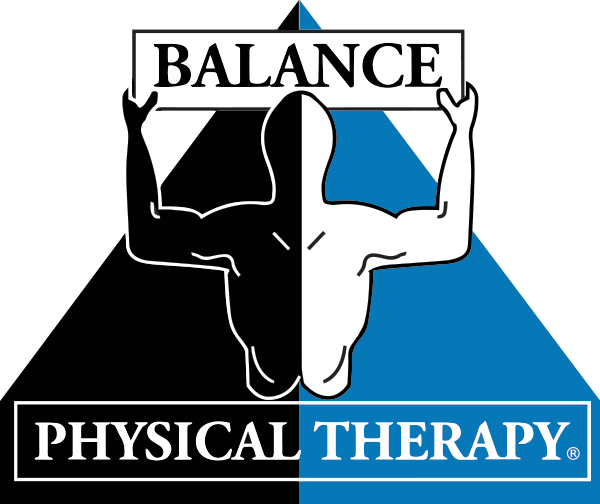Evaluating the Impact of Lung Therapy Approaches on Individual Well-being and Level of Life
Wiki Article
Respiratory rehabilitation is a tailored initiative designed to assist patients with chronic respiratory conditions, such as chronic obstructive pulmonary disease and bronchial asthma. These plans usually include physical activity training, education about lung health, and assistance from clinicians. The main goal of pulmonary rehabilitation is to boost patients' overall health and enhance their well-being. By joining such programs, patients can learn how to manage their effects better, increase their exercise capacity, and acquire valuable approaches for coping with their disease.
One of the key aspects of respiratory rehabilitation is exercise training. Patients undertake various movements adapted to their abilities and limitations. These activities not only improve the muscle groups used for breathing but also enhance heart and lung fitness. As patients become more physically active, they often experience reduced breathlessness and increased physical capacity. This progress allows them to participate more fully in routine activities, which can result in a enhanced independence and quality of life.
Learning is another critical component of lung rehabilitation. Individuals are educated on their lung conditions, including the necessity of medication adherence and noticing signs that require clinical evaluation. This knowledge enables individuals to oversee their medical condition and make educated choices about their care plans. Furthermore|Additionally|Moreover, education often includes guidance in pulmonary techniques and correct inhaler technique, which can significantly improve therapy outcomes and reduce the incidence of exacerbations.

Support from clinicians plays a vital role in the effectiveness of lung rehabilitation programs. Patients are supported by working closely with pulmonary therapists, clinical staff, and other specialists who recognize their specific challenges. This network helps patients to remain engaged and engaged in their treatment program. geriatric rehabilitation methods Group sessions can also promote a social connection among participants, enabling participants to discuss experiences and provide support to one another.
The impact of respiratory rehabilitation on well-being and overall wellness is substantial. Research have shown that patients who undergo these programs often report enhanced pulmonary function, fewer hospitalizations, and boosted psychological wellness. Many individuals observe an increase in self-confidence and drive to adopt a wellness-oriented lifestyle well past finishing the initiative. Overall|In general|Ultimately, respiratory rehabilitation represents an critical strategy in addressing chronic lung see this page diseases, offering patients hope and strategies to enhance their lives.